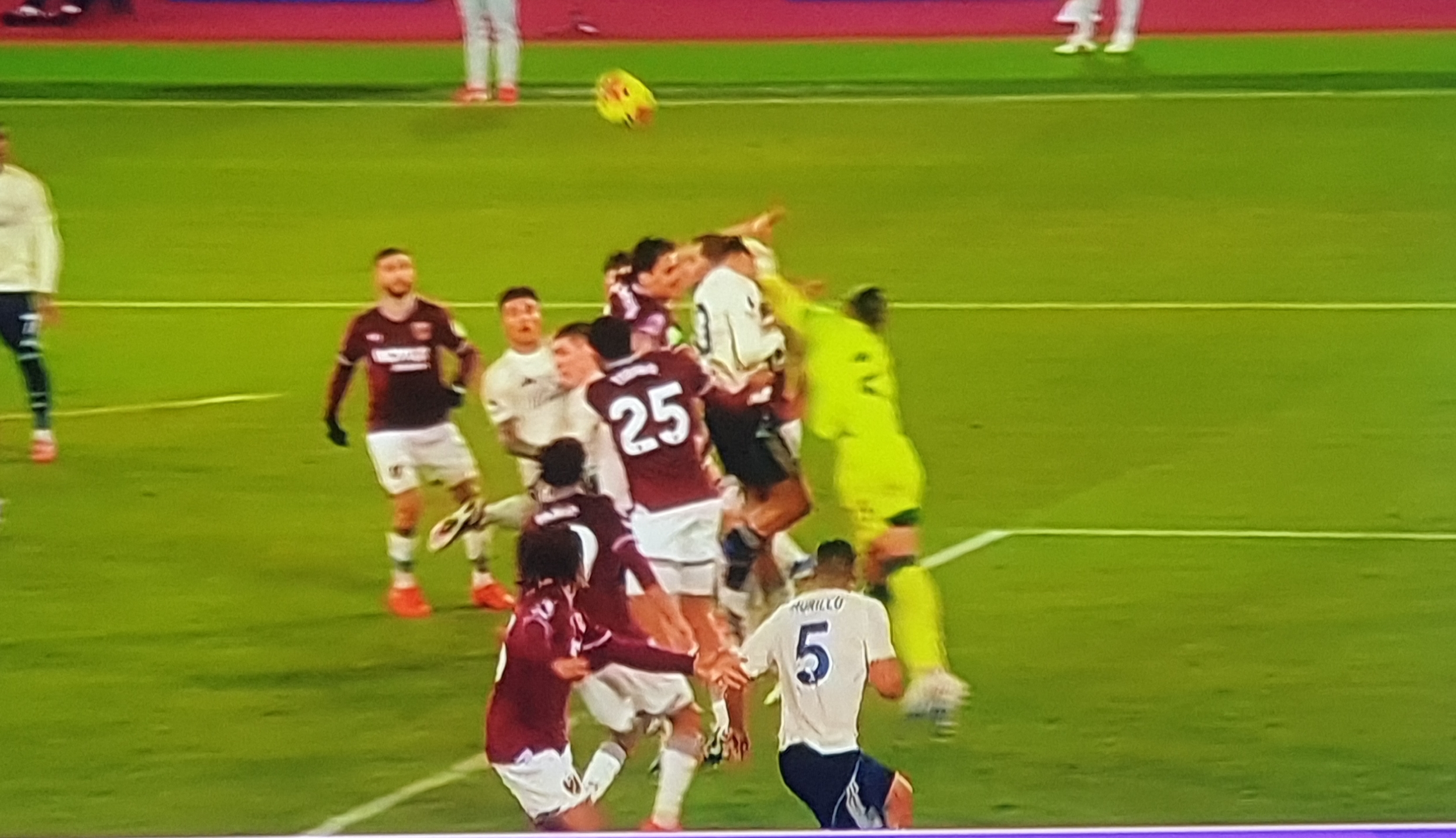West Ham fans threaten to withdraw their support after explosive reports claim Arsenal submitted an insulting £10m bid for the club’s biggest star
The reported friction between West Ham United supporters and Arsenal over an alleged £10 million bid for West Ham’s premier talent illustrates a recurring tension within modern football: the collision between fan identity, market rationality, and the political economy of player valuation. While such stories often arise during transfer windows, the reaction in this case appears particularly acute because it strikes at the intersection of pride, perceived respect, and long-standing anxieties about the club’s direction.
From the supporters’ perspective, the figure being reported is less a financial offer and more a symbolic affront. West Ham’s “biggest star” represents not only on-field capability but also a focal point of club identity and ambition. When an external club particularly a domestic rival with greater resources submits a bid that appears dramatically below market value, fans interpret it as a statement about their status. The number becomes a proxy for how others in the football hierarchy view West Ham. The anger, therefore, is not fundamentally about the money itself but what the money implies.
The threat to “withdraw support” must be understood through the lens of supporter-culture dynamics. Fans rarely abandon their clubs in literal terms; what they typically withdraw is emotional and financial engagement: match attendance, merchandise purchasing, or vocal backing of club leadership. Such threats emerge when fans feel their club’s executives may be susceptible to external pressure and might consider accepting a devalued offer. In this sense, the reaction is also a defensive mechanism, a public signal meant to shape boardroom decision-making. Supporters are essentially reinforcing a boundary: the club must not capitulate in a way that undermines competitive credibility.
From the Arsenal side, if the reported bid is accurate, the logic is likely rooted in transfer-window strategy rather than disrespect. Clubs routinely test selling clubs’ resolve with low initial bids, especially when they perceive financial instability or internal pressures. It is a negotiation tactic, not a moral judgment. Nevertheless, in an environment where supporters are deeply attuned to perceived slights, such nuances are often irrelevant.
At a broader level, this situation reflects the evolving power dynamics within English football. The Premier League’s financial stratification has created a landscape where mid-table clubs must navigate the dual challenge of asserting their competitive identity while resisting predatory interest from larger institutions. Supporters, aware of this imbalance, often interpret undervalued bids as existential threats, triggering heightened emotional responses.
It also underscores a deeper frustration with how player valuations fluctuate. Modern transfer markets are highly speculative; values are driven not only by performance metrics but by contract length, squad need, strategic timing, and media narratives. Fans, however, typically ground their sense of value in visible performance and symbolic importance to the club. When these two valuation systems diverge, tensions emerge.
Ultimately, this episode is a reminder of how tightly football culture binds identity to market behavior. A single transfer bid regardless of its intent can generate a cascade of meaning far beyond the numbers. The intensity of the reaction reflects the enduring truth that, for supporters, football is never merely a business transaction; it is a matter of collective dignity and emotional investment.








Post Comment